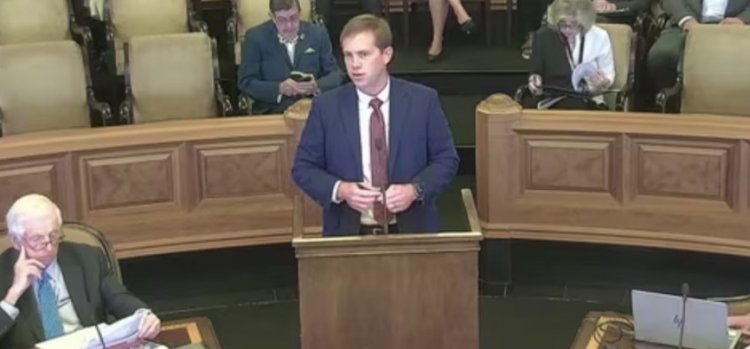Federal Reforms Increase Costs for Alabama Teachers' Health Insurance Plan
After enjoying stable costs for over a decade, Alabama's health insurance plan for education employees and retirees may require hundreds of millions more in state funds over the next few years due to federal changes.

After enjoying stable costs for over a decade, Alabama's health insurance plan for education employees and retirees may require hundreds of millions more in state funds over the next few years due to federal changes.
The Public Education Employees’ Health Insurance Plan (PEEHIP) covers over 350,000 members and their dependents, including approximately 80,000 retirees and their dependents under PEEHIP’s Medicare Advantage plan.
PEEHIP Director Dave Wales reported that federal changes would increase PEEHIP’s cost for Medicare Advantage by more than four times for 2025. Consequently, PEEHIP restructured the final year of its three-year contract with United Healthcare, its provider, due to financial pressures on Medicare Advantage plans from reduced federal funding growth and increased prescription drug costs. Despite seeking proposals from other companies, United Healthcare remained the best option for the following year.
The federal changes were primarily driven by the Inflation Reduction Act passed by Congress, creating uncertainty about the long-term impacts on members and taxpayers.
“There’s still a lot that we have to wrap our arms around to fully understand the final impact and measure any changes that we have going forward in terms of program strategy, benefit, whatever it is,” Wales said. “It’s difficult to fully quantify the long-range impact of it. It certainly is a very difficult challenge, a unique challenge that we’ve not met before, particularly in the Medicare space.”
Wales mentioned that more information would be available by the time the PEEHIP Board holds its quarterly meeting in September. Firm decisions regarding any plan changes or member premium adjustments are expected then, with potential changes taking effect in January.
The increased costs for Medicare Advantage plans will impact both public and private sector plans nationwide, not just PEEHIP and Alabama. Wales emphasized that this issue arises from federal changes, not actions by PEEHIP, its board, or the Alabama Legislature.
State funding for PEEHIP is substantial, with taxpayers covering about 64% of the program's roughly $1.5 billion cost and members contributing about 25%. The annual legislative appropriation for PEEHIP is $998 million for this year and fiscal year 2025. Despite stable costs over the last decade, the new federal changes project a shortfall of $211 million to $281 million in fiscal year 2026 and $643 million to $699 million in fiscal year 2027.
Medical and pharmaceutical costs paid by PEEHIP have remained steady at around $1.3 billion annually for about a decade. However, a recent PEEHIP board meeting projected these costs would rise to $1.78 billion by 2027.
PEEHIP officials met with Sen. Arthur Orr, R-Decatur, chairman of the Senate education budget committee, to discuss the federal changes. Orr anticipated political pressure on Washington due to the widespread impact of Medicare Advantage plans.
“My preliminary thoughts are I think the word is getting out across the country as to this significant increase for retirees that they’ll see in their Medicare Advantage programs,” Orr said. “The state will be affected as well. That tells me in an election year that as the public or the retirees impacted by this change begin to realize the financial consequences they will start calling their congressmen in very irate dispositions.”
Orr suggested waiting to see if a federal solution could offset the costs before panicking. He also noted that Alabama has about $1.9 billion in the Alabama Retired Education Employees’ Health Care Trust, which could help offset some cost increases, though it would not be a long-term solution.
Wales mentioned that PEEHIP will seek new proposals from providers for a three-year Medicare Advantage contract post-2025, aiming to minimize the federal changes' impact on members.







